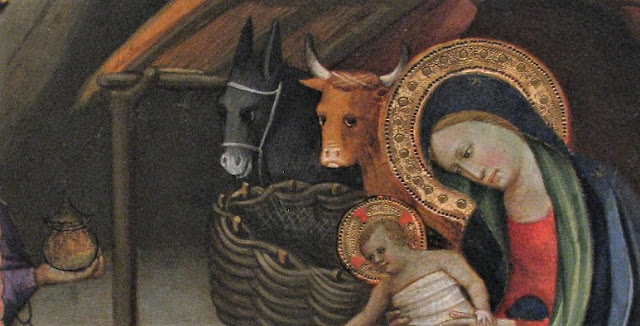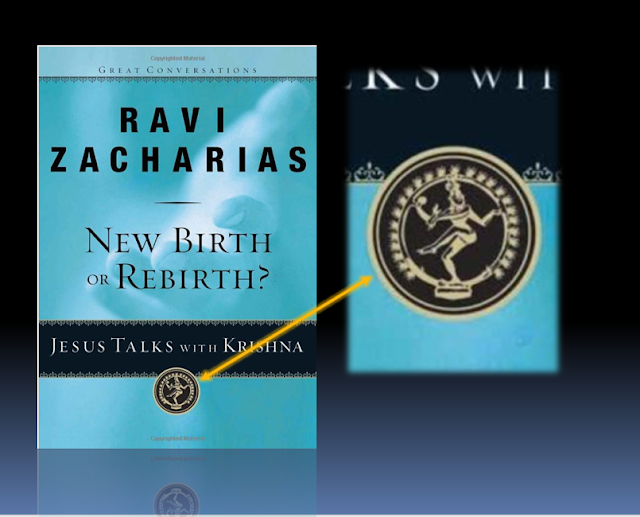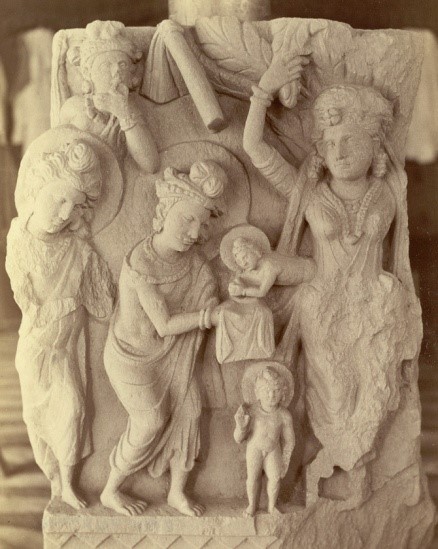The Ox and the Ass at Bethlehem

The present article first appeared as "The Ox and the Donkey," Midwestern Journal of Theology 9.2 (Fall 2010):179-193. It appears here as it was originally, with two exceptions: (1) I have used color pictures, which was not possible in the original publication, (2) I have made some small changes in detail in the captions, and (3) I have made one spelling correction ("hue" for "hew"), and removed a redundant definite article. I have also retained the original pagination . Fig. 1: Gherardo di Jacopo Sarna, “Adoration of the Magi,” c. 1405, Nelson-Atkins Museum of Art (Photo: R. Huggins) O lux beata Trinitas! He lay between an ox and ass, Thou mother and maiden free; Gloria tibi, Domine . 1 The woman kitty-corner me across the table asked: “But where are the ox and the ass?” We were reading Matthew’s infancy narrative in Schuyler Brown’s doctoral seminar at Saint Michael’s College, Toronto. The questioner was doing her doctorate in Karl B...


